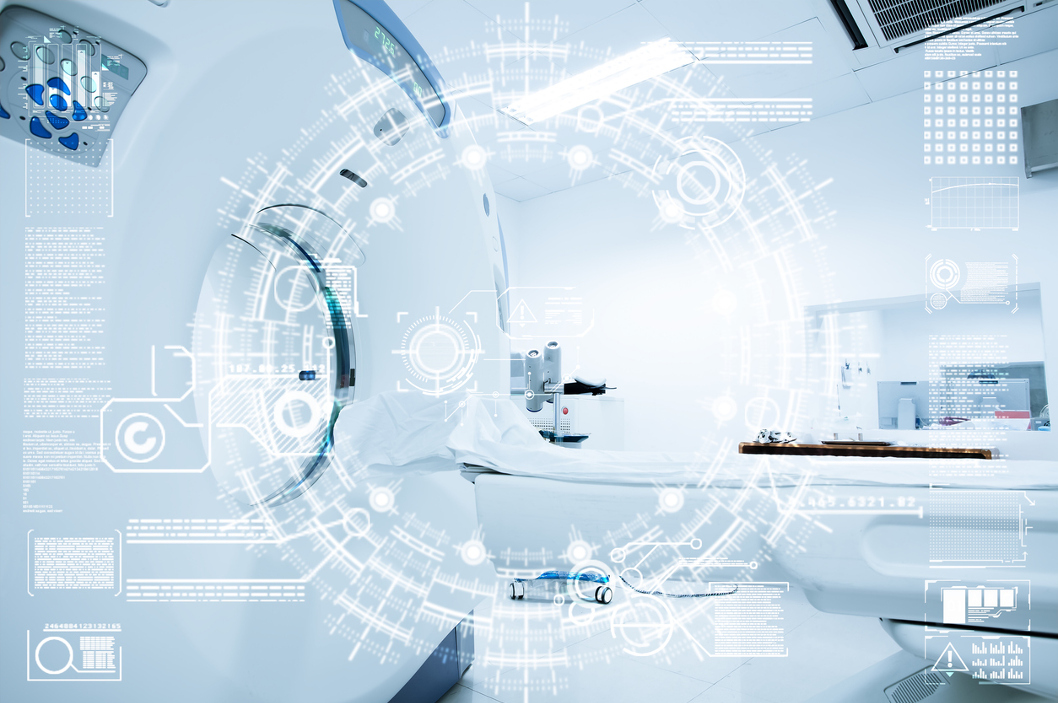Smart Hospitals: Transforming patient care
by Tarek Milla, May 10, 2023

Hospitals are places where technology and medicine are brought together to save lives and improve people’s health. Over the past few years, advances in technology have brought a new era to medical care: Smart Hospitals. These hospitals are equipped with advanced technologies that improve the quality, safety, and efficiency of the care provided, promoting more personalized care, and reducing waiting times and healthcare costs.
This is possible because of the digitalization and integration of technology throughout the hospital environment, from patient registration to diagnosis and treatment, by using digital devices and tools, 5G, Artificial Intelligence (AI), robotics, etc. Thus, a Smart Hospital has the ability to collect a large amount of data from people and devices, and then process it to extract knowledge and insight from these.
The implementation of digital tools like wearables and platforms aimed at the patient allows for the collection of a series of data and parameters from the time that the person enters the center, helping to improve the quality of the care provided. For example, having this information enables the collection of the patient’s location within the hospital, information about his or her health status in real time, knowledge about when medication should be administered, etc. Once this information is captured, as noted in the article, “Smart Hospitals: the future of health” (Hospitales inteligentes: el futuro de la salud), all the patient data can be analyzed with Big Data and Artificial Intelligence tools in order to personalize the care and treatments, and improve the therapies.
In this way, the use of these technologies is united with others like robotics, precision medicine, virtual and augmented reality, 5G, etc. throughout the healthcare process, promoting the creation of spaces that are more integrated and efficient, adapting to the needs of the patients, and offering multiple benefits. Among those benefits, we would point out a reduction in patient waiting time, an improvement in the precision of diagnosis, an increase in the efficiency of hospital management, and a reduction in operating costs. In fact, according to McKinsey, the implementation of Smart Hospitals could help realize cost savings of more than 10% in total annual national healthcare costs for the majority of OECD countries.
These are not the only benefits, as the use of this type of technology in hospitals (specifically tools for patient monitoring and follow-up) enables the care to be extended to the outpatient level, involving the patient in the collection of information and the management of his or her disease, helping providers to be aware of the patient’s current status from a distance. This enables the optimization of workflow in the healthcare centers, and a reduction of hospital visits, prompting evolution toward more efficient and innovative models.
In summary, Smart Hospitals have the potential to transform the way in which medical care is managed, improving the efficiency of healthcare systems. New technologies have enabled the development of more personalized and effective care, impacting the patient’s experience in the hospital as well as an improvement in his or her health. Without a doubt, Smart Hospitals will be part of the future of disease management, and are changing the way in which we understand health and medicine.
Share

Tarek Milla
Business Development
Persei vivarium
